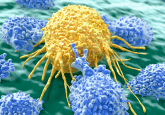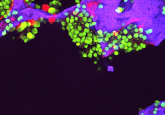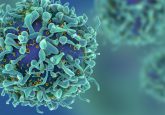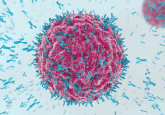CTLA-4, PD-1 and the Nobel Prize: a patient’s reaction to immunotherapy recognition
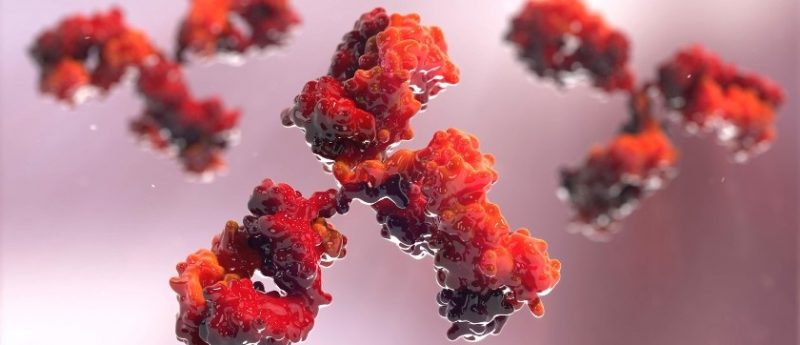
This past week, the Nobel Prizes in Physiology or Medicine was awarded to research scientists James Allison (University of Texas MD Anderson Cancer Center, TX, USA) and Tasuku Honjo (Kyoto University, Japan), each of whom has made an enormous contribution to the expanding world of immuno-oncology. Allison “discovered” CTLA-4; or more precisely, realized that blocking it could enable the body’s immune system to fight tumor cells, ultimately developing ipilimumab (Yervoy®) as a treatment for melanoma and, in combination, for several cancers. Similarly, Honjo discovered the PD-1 protein and launched the development of anti-PD-1 (and related anti-PD-L1) therapies that led to...

